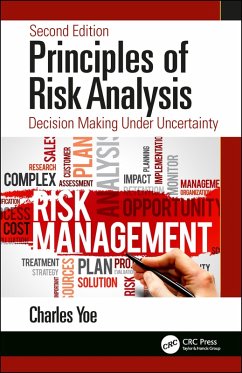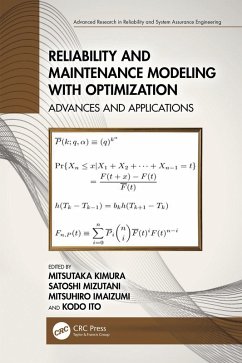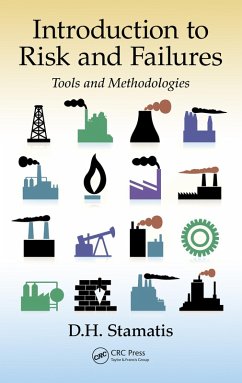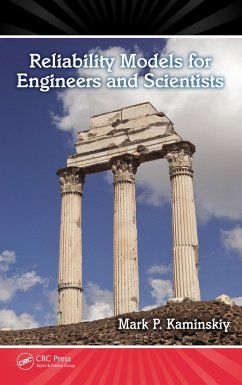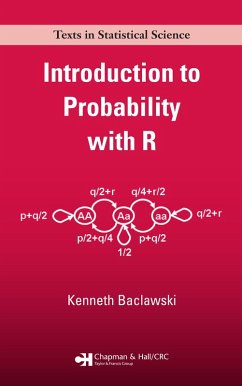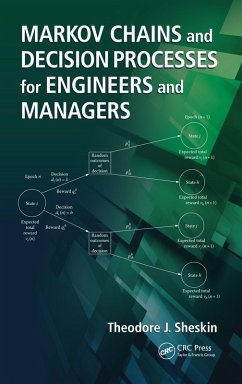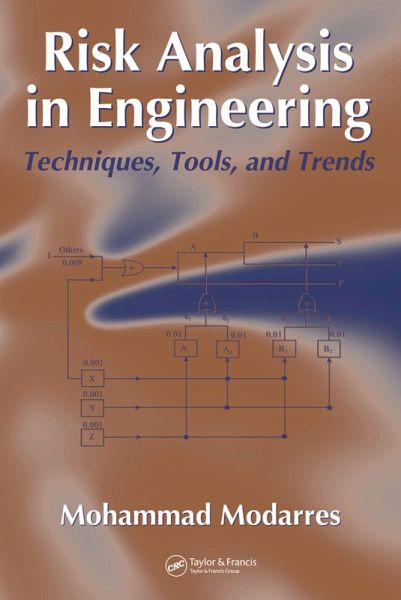
Risk Analysis in Engineering (eBook, ePUB)
Techniques, Tools, and Trends

PAYBACK Punkte
79 °P sammeln!
Based on the author's 20 years of teaching, Risk Analysis in Engineering: Techniques, Tools, and Trends presents an engineering approach to probabilistic risk analysis (PRA). It emphasizes methods for comprehensive PRA studies, including techniques for risk management. The author assumes little or no prior knowledge of risk analysis on the p
Dieser Download kann aus rechtlichen Gründen nur mit Rechnungsadresse in A, B, BG, CY, CZ, D, DK, EW, E, FIN, F, GR, HR, H, IRL, I, LT, L, LR, M, NL, PL, P, R, S, SLO, SK ausgeliefert werden.




